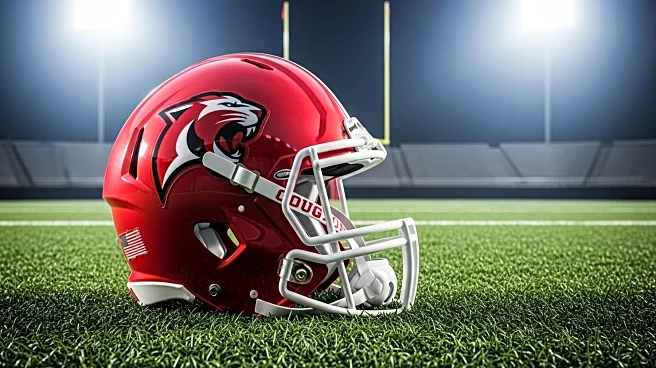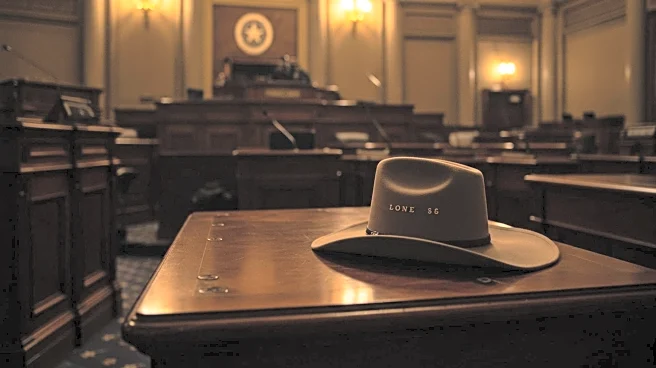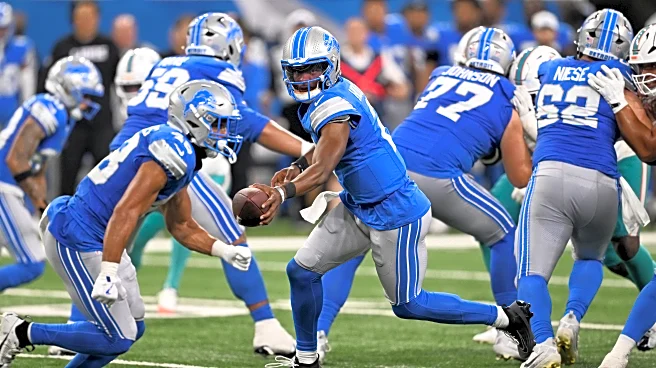What's Happening?
Houston-based personal injury law firm Johnson Garcia LLP has initiated legal action against a former associate, Fred Steeves Hopson III, and his new firm, Hopson Injury Attorneys PLLC, for alleged trademark infringement. The lawsuit, filed in the U.S. District Court for the Southern District of Texas, centers around the use of Spanish-language marketing slogans. Johnson Garcia claims that Hopson's firm is using a slogan, 'El Gringo Que Habla Español,' which is 'confusingly similar' to its federally registered trademark 'El Gringo y El Mexicano.' Johnson Garcia has been using its trademark since 2017 to market legal services, particularly targeting Hispanic and Spanish-speaking clients.
Why It's Important?
This legal dispute highlights the competitive nature of marketing strategies within the legal industry, especially in regions with significant Hispanic populations. The outcome of this case could set a precedent for how trademarks are protected and enforced in the context of cultural and linguistic marketing. For Johnson Garcia, the case is crucial in maintaining its brand identity and client base. Conversely, Hopson Injury Attorneys may face significant legal and financial repercussions if the court rules against them. The case underscores the importance of trademark protection in business operations, particularly in sectors where cultural nuances play a significant role in client engagement.
What's Next?
The court's decision will likely influence future trademark disputes involving cultural and linguistic elements in marketing. Both firms may need to reassess their branding strategies depending on the outcome. If Johnson Garcia prevails, it could strengthen its position in the market and deter similar infringements. Hopson Injury Attorneys may need to develop a new marketing approach to avoid further legal challenges. The case may also prompt other firms to review their trademarks and marketing slogans to ensure compliance with intellectual property laws.
Beyond the Headlines
This case raises broader questions about cultural appropriation and the ethical use of language in marketing. It may lead to discussions on how businesses can respectfully and effectively engage with diverse communities without infringing on existing trademarks. The legal industry might see increased scrutiny on how cultural elements are incorporated into branding, potentially influencing future marketing practices.















